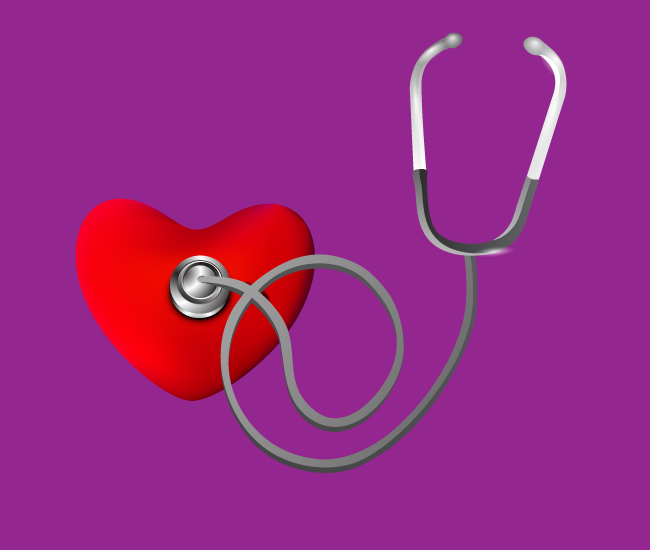Cardiac arrest is one of the things that we train people to be prepared for, to know what to do if such a thing should occur to a loved one.
Here are five common beliefs about heart attacks. We’ll talk about whether those beliefs are true or false.
Heart Attack True or False
-
Heart attack pain is usually severe and unmistakable.
False. Heart attack pain may be so mild that it’s not even perceived as anything serious. Health care providers know that one of the most frustrating symptoms of heart attack is “denial of symptoms” by the person suffering the heart attack.
The symptoms may simply be a nagging pressure or discomfort in the chest. The discomfort might just present in the jaw or neck, left or right arm, or the back. Sometimes there is no real perceived pain — just a weakness and a feeling that something is “not right.” -
High blood pressure is a sign of heart disease.
False. High blood pressure is not always an indication of heart disease. But, high blood pressure can cause heart disease — most of the time without the victim having any awareness of the damage being done.
High blood pressure is often called the “silent killer” because it doesn’t present with obvious symptoms. You need to have your blood pressure checked regularly, and then follow up on all recommended treatments. High blood pressure can damage your heart, arteries, kidneys, eyes, and more. -
Pain that goes away and then comes back is not a heart attack.
False. Many fatal or serious heart attacks may be preceded by pain for days or weeks before. The sooner you seek help, the greater your chances are of being eligible for the latest treatments that can actually prevent heart damage from a heart attack. However, clot-busting treatment has to be started very early in the course of a heart attack. If in doubt about chest pain or discomfort, get help immediately.
-
Some heart attacks are pain-free.
True. Another factor contributing to why many people wait to get treatment is they don’t really believe they are having a heart attack because it doesn’t hurt. The old “Hollywood heart attack,” replete with falling to the ground and writhing in pain, just isn’t realistic. The nagging pressure or weakness, sweating, nausea, and other vague symptoms may be the most telling signs.
-
Once a heart attack has begun, there’s little that can be done to stop it.
False. Once a heart attack has begun, there is no time to waste in getting help. Doctors may, in many cases, be able to treat heart attacks in progress and prevent nearly all of the potential heart damage that would normally occur.
The biggest factor in this treatment is the time from the first onset of symptoms. That leaves the odds in your hands. If you think you might be having a heart attack, call 911 and get to the emergency department so that further tests can be done.
